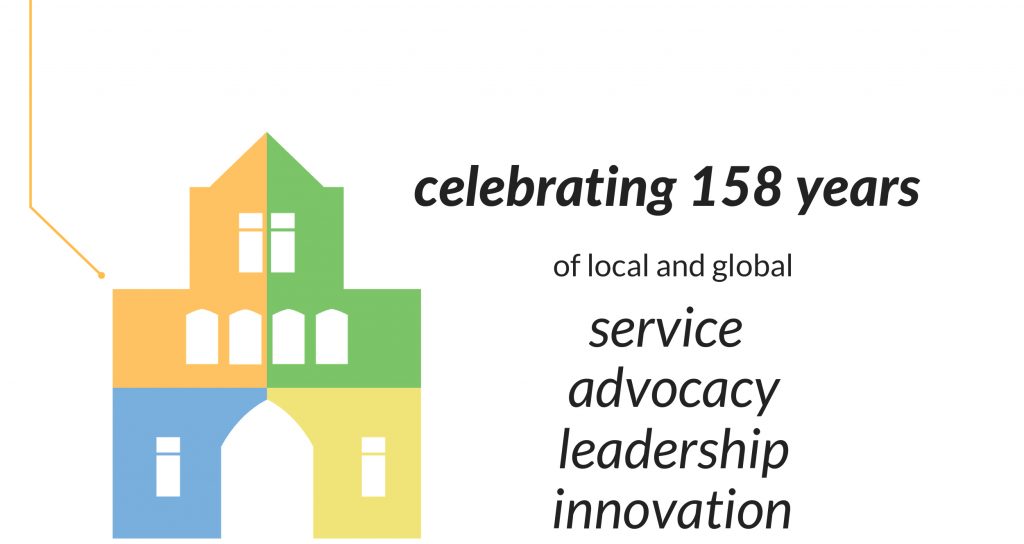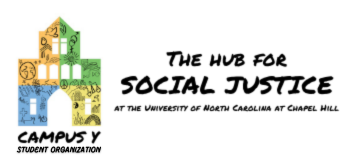Advocacy Spotlight: Daron Holman
November 12, 2018 • Erin Reitz • No Comments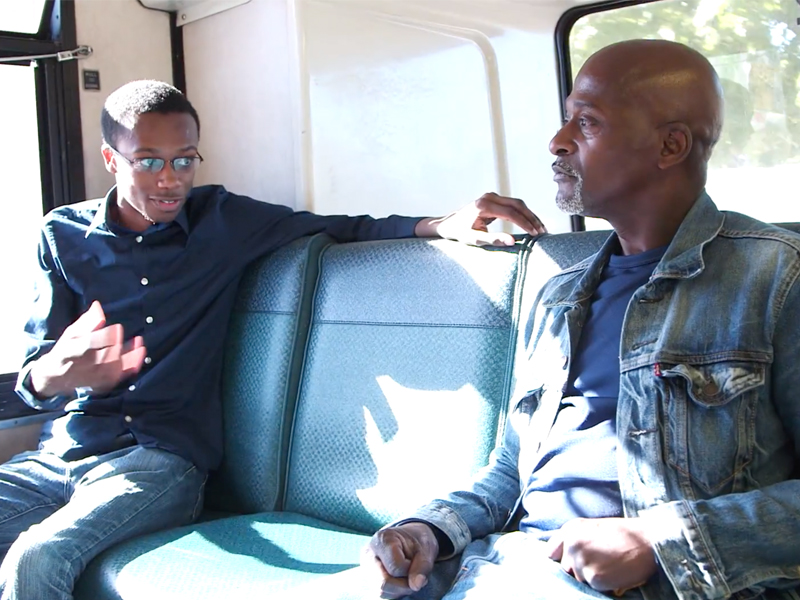
Daron Holman’s deep understanding of public service began as a volunteer in a food pantry in his hometown of Fayetteville, North Carolina. After four years in the Bonner Leader Program at the Campus Y, he was inspired to commit his life to combatting poverty.
Q&A
What drew you to the Bonner Leaders Program as a first-year?
My parents instilled in me a service-based ethic. I joined the Bonner Leaders Program because of my financial need and desire to do more community work. I saw that the Bonner program would expose me to service both internal and external to UNC. It looked like an amazing opportunity to learn and grow, contributing not only to UNC but to the community as well.
How did becoming a Bonner alter your understanding of yourself and the communities you worked with?
I gained confidence to approach advocacy in a way that doesn’t exploit the communities I’m working with. During my four years as a Bonner, I learned that the community members you are working with are the experts. That paradigm changed how I operated and thought about what I was trying to accomplish, and it’s still the lens that I approach any social impact work I do today.
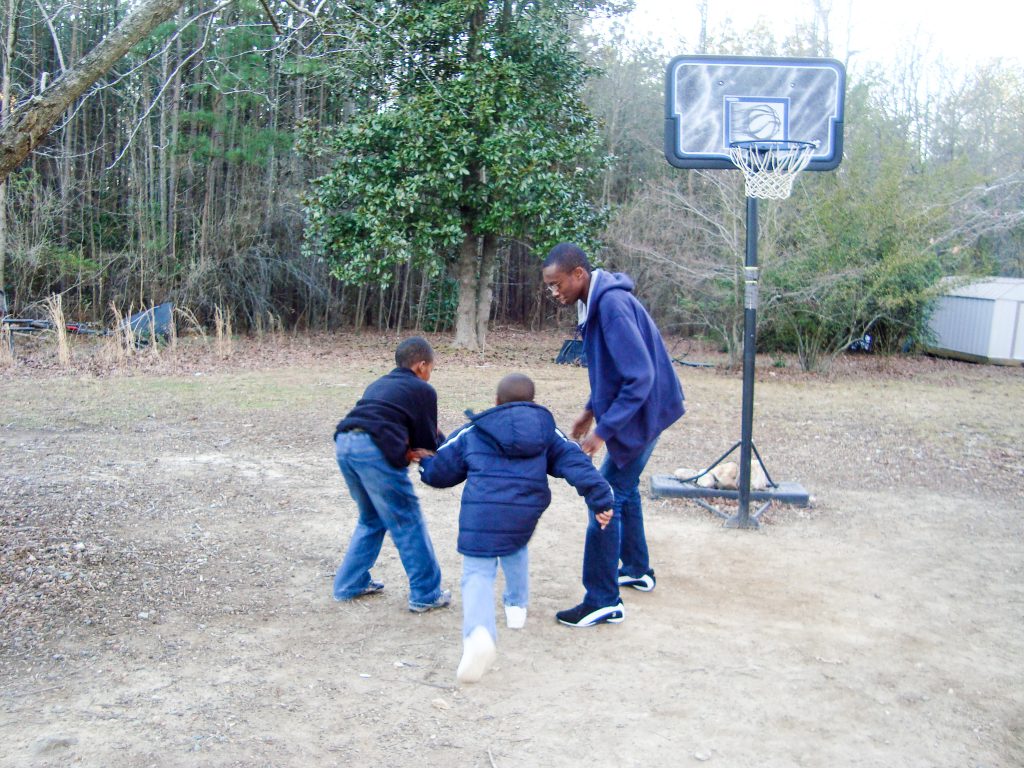
How did your work as a Bonner leader influence your post-college trajectory?
My work as a Bonner really influenced how I look at social issues. I think it gave me a better idea of what is politically, socially, and economically possible. It gave me a better idea of how change occurs, who leads that change, and how power manifests. At the end of the day, I want to make sure I’m having a direct impact on the material condition of peoples’ lives. When considering a new role, I always think about what kind of impact I want to have, rather than the job title, and then go from there. I would not have that framework for my career if I wasn’t a Bonner.
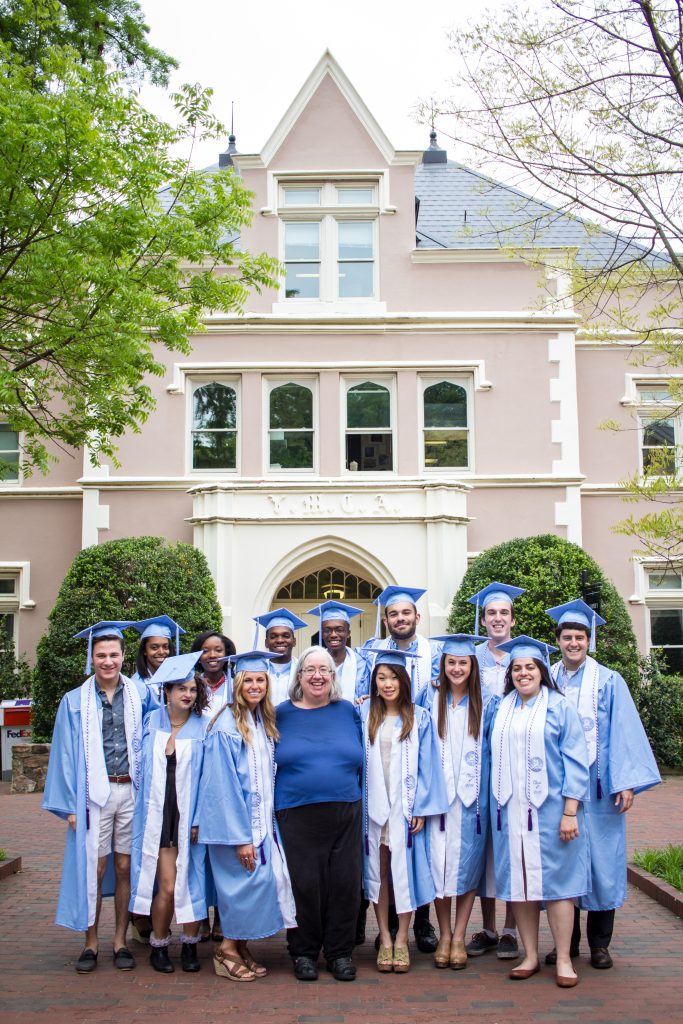 How have you continued to pursue advocacy work since graduating?
How have you continued to pursue advocacy work since graduating?
Post-graduation, I spent as year as an Emerson Hunger Fellow in Seattle and Washington D.C. During this experience, I navigated balancing community work and high-level policy analysis. The fellowship offered invaluable insight as I saw firsthand how folks working at the policy level needed to do a better job listening to and working with folks doing community work on the ground.
The fellowship led me to my work at MDRC, which is a social policy organization. I am currently in a technical research assistant role, which means I spend a lot of time analyzing data to assess what kind of impact governmental and nonprofit programs have on their participants. After college, I pursued advocacy work through my growing interest in quantitative social science research. Some of the issues I’m working right now include bias in predictive analytics tools used by the criminal justice system; how microloans impact low-income folks; and how government agencies can better use and analyze data to have more focused support on program participants.
What advice do you have for first-generation college students as they begin their journey at UNC?
My advice is to reach out. As a first-generation college student, it can be intimidating to navigate so much when you first enter college. No matter how nervous or overwhelmed you are, try to find programs that focus on mentorship and access. As a Bonner graduate, I help and support Bonners as much as I can. Personally, it’s never an issue when a Bonner or UNC graduate reaches out to me. I will make myself available to them.
What does the Campus Y mean to you?
The Campus Y is a space to really challenge yourself. It’s an opportunity to get to know the areas that are not UNC. The University is great – it’s a great community – but it only has so much knowledge. By participating in programs in which you’re working with the various communities in Chapel Hill, you’re forced to be uncomfortable. It can challenge your views in ways you didn’t expect. This was the biggest opportunity Campus Y gave me. It changed how I navigate professional and social justice spaces.
